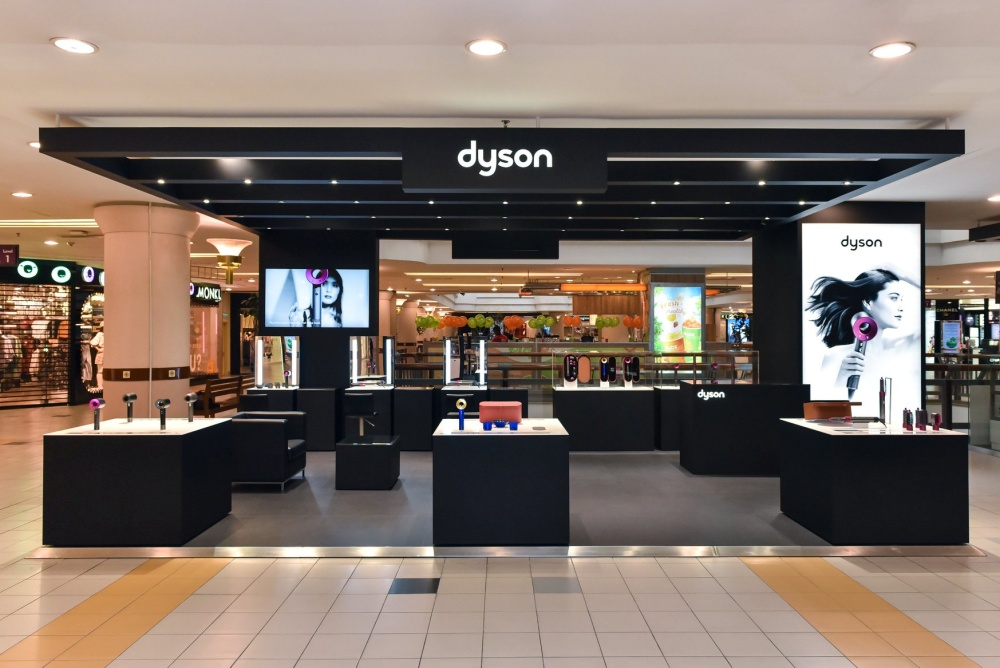Dyson is known as one of the best household appliance brands in the world, with stores located in many luxury shopping centres across Malaysia, including Pavilion KL, The Exchange TRX, and Pavilion Damansara Heights. Their products have been widely praised despite the hefty price, but what would happen if the company chooses to cease operations in the country?
Thankfully, that’s not happening anytime soon. However, according to a report by Bloomberg, Dyson Ltd will be reducing its hairdryer-related operations in the country. An unidentified source close to the consumer goods company explained that the decision was made to streamline their business in the region.

So, what does this mean? Will some employees lose their jobs now that Dyson is dialling back on its hairdryer-related operations? Rather than laying off staff, it was reported that the company will redeploy the affected employees to other parts of their facilities, which are said to be located in Johor. “The company is redeploying 47 employees from their advanced manufacturing facility to the global development campus in Johor, where 1,400 people work,” Dyson said in a statement.
As for concerns about Dyson potentially leaving Malaysia one day, the electronics retailer insisted that it will “continue to invest in Malaysia, manufacturing many millions of Dyson machines” and that the country remains the second-largest global hub for Dyson. However, the anonymous source said that the brand is still in the early stages of reviewing its presence in Malaysia. Dyson declined to comment on the matter.

According to the Bloomberg report, Dyson’s issues with Malaysia began in 2019 over an alleged labour violation. Human rights activist Andy Hall contacted the company and accused local supplier ATA IMS Berhad of mistreating migrant employees. This case eventually led to Dyson cut ties with the supplier, and the company issued a statement denying any involvement in workers’ rights violations.
With this in mind, it is still unclear whether Dyson plans to expand its business in Malaysia even further. What do you think of this issue?
Sources: Bloomberg, TheVocket, StraitsTimes, AndyJHall, TheEdgeMalaysia










